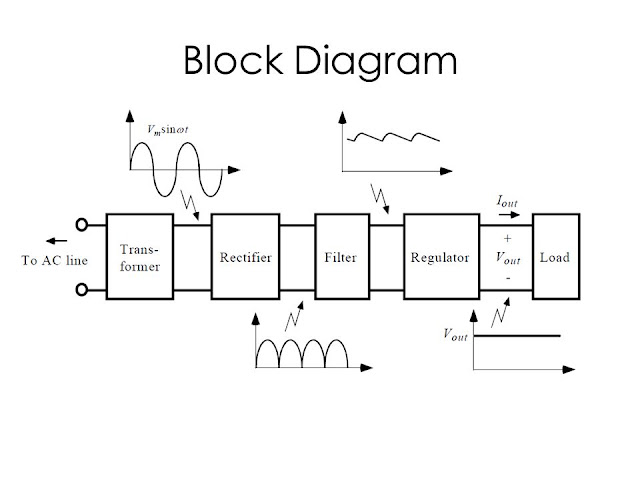Electrical Machines | Ep:05 | Engineering Future Series | Engineering with Ibraheem
Do you know what is a machine? In this 5th episode, we will discuss electric machines which are related to electrical engineering
Greeting and Welcome to Engineering with Ibraheem a podcast for you to explore Engineering and Technology I am your host S.M. Ibraheem. Let's get started.
Now, this is the mechanical engineering definition of machines. In electrical engineering, we talk about electrical machines. Now electrical machine converts some mechanical energy to the electrical energy or electrical energy into mechanical energy.
Three types of electrical machines come when we are talking about the electrical machines and they are
1. Motors.
2. Generators.
3. Transformers.
There hundreds of electrical machines around us each consists of several parts but in every electrical machine you will find motors, generators or transformers
"Making such a tough content on engineering is not easy as it takes a lot of time and research. Your little support of $1 on Patreon, will keep me motivated to produce this show. The S.M Ibraheem Official Patreon link is available in the description."
If motors generators and transformers are an integral part of an electrical machine then what is a motor, generator, or transformer.
A motor is a device that converts electrical energy into useful work. It consists of electrical winding basically a copper winding, armature, magnets, brushes, commutator, etc. Motors can be easily found in our surroundings. Even our homes have many appliances in which motors are involved for example hair dryers, chopper, juice maker, electric oven, washing machines, toys etc. have motors in it. Usually motors are of two types DC and AC motors. Just to let you know that dc motor was the first motor invented by a person.
A generator on the other hand is nearly similar to the motor but has only difference. It converts mechanical energy into electrical energy. Generators are usually found in places where there is a need of the generation of electricity. For example in dams, wind turbine, coal power plants, nuclear power plants, When some high mechanical load is applied on the rotors of a generator then it produces electricity.
In fact all motors can be used as generators. The simplest form is a radio control car or RC toy car. If you operate it with it remote, then it will move either forward or backward depending upon your command. But if you keep the remote on a side and slide the car with hand you will feel that some lights are turned on but have very low luminousity. If you silde the car with a high force then the lights will have more lumiousity. So both generators and motors are inverse of each other in terms of working.
At last, we have a transformer. A transformer actually converts electrical energy into electrical energy. This is a bit confusing though. A transformer can convert high voltages to low voltages and vice versa. They are very common around us. From microelectronic to enormous grid stations all have transformers in their circuits.
For more and interesting content on engineering and technology stay tuned with engineering with ibraheem. Till next time.
Please follow, subscribe, share and support this podcast on Patreon for the amazing content on technology.
The links are available in the description
***************
Website Links
***************
- Patreon: https://patreon.com/smibraheemofficial
- Official Website https://sibraheem.editorx.io/smib
- Blog: https://educationalflix.blogspot.com
- Red Circle: Engineering with Ibraheem | RedCircle
- Radio Public: Engineering with Ibraheem (radiopublic.com)
- Spotify: Spotify – Web Player
- Google Podcast: Engineering with Ibraheem (google.com)



Comments
Post a Comment